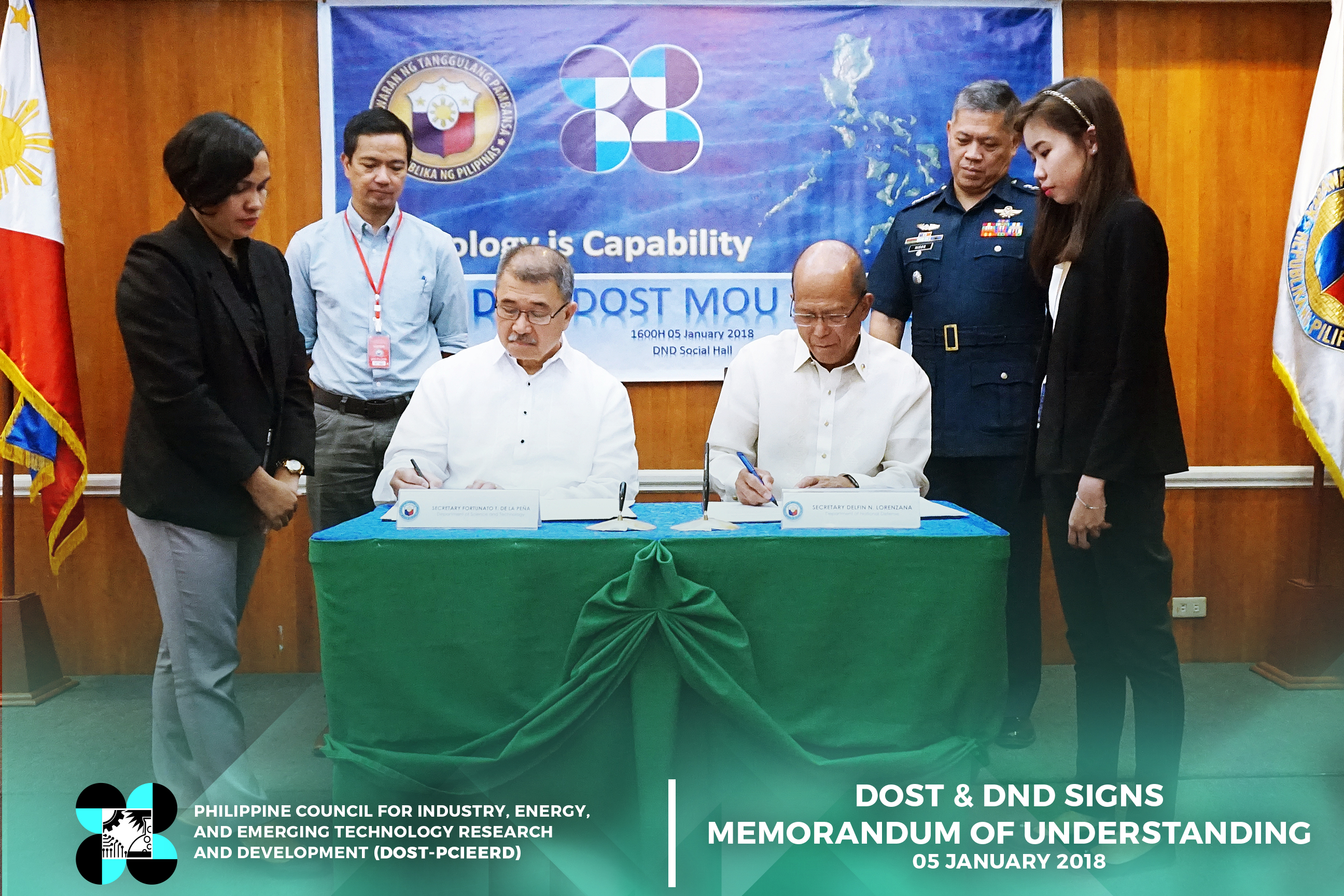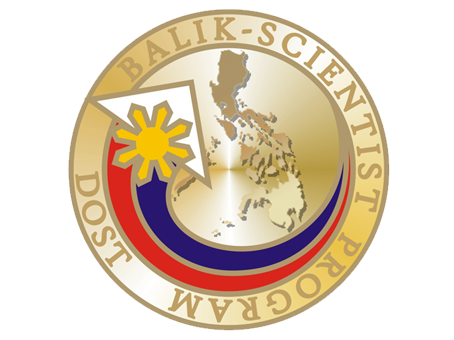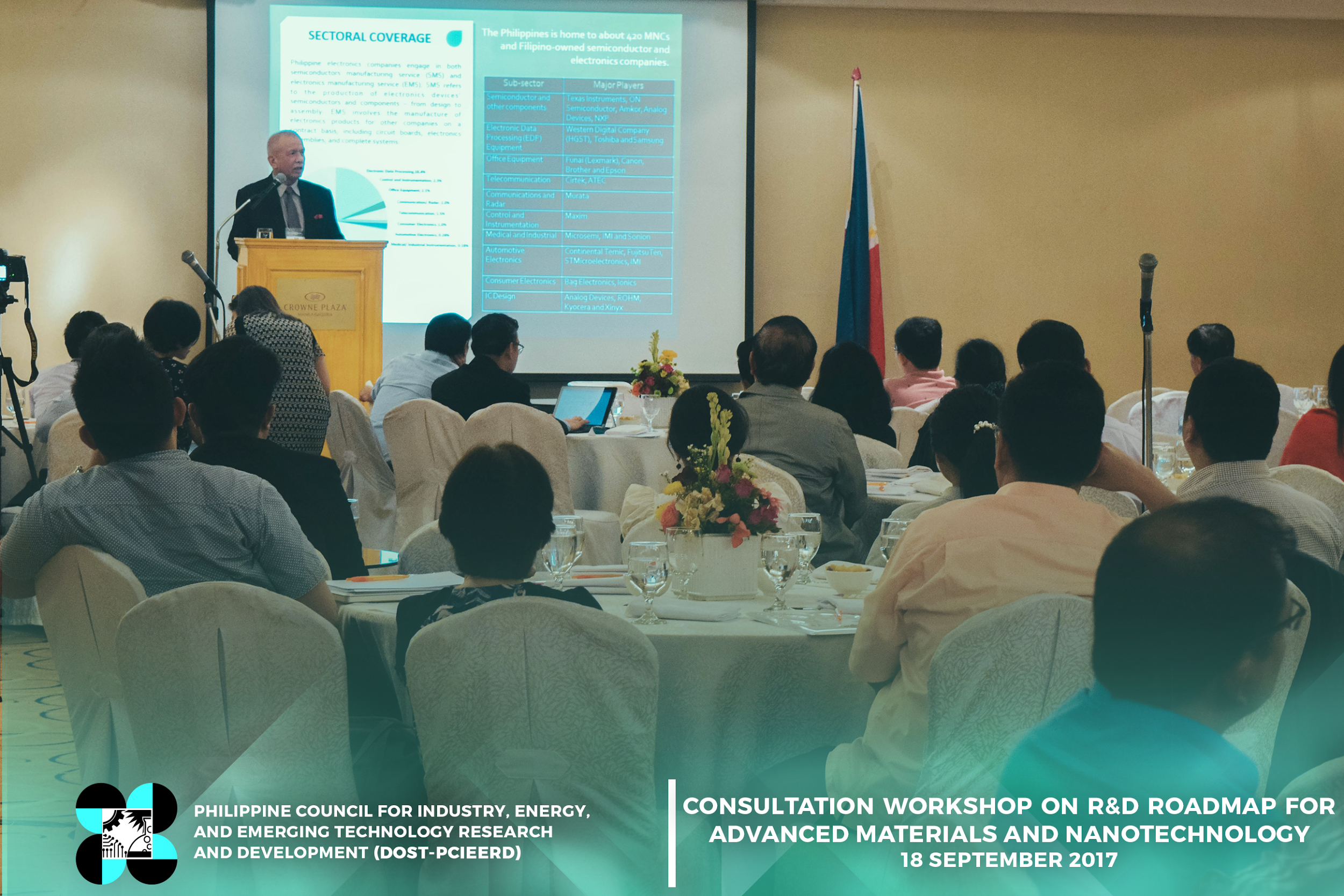Where are we heading in the Advanced Materials and Nanotechnology sectors?
Key industry players and representatives from the academe and government agencies collectively identified important areas for research and other collaborative activities for a five-year roadmap for the Advanced Materials and Nanotechnology sectors during a consultation workshop on September 18, 2017 at the Crowne Plaza Hotel.
The Innovation Council, DOST-PCIEERD, together with its stakeholders, crafts research and development (R&D) roadmaps for each of its sectors to prioritize projects and focus R&D to those that will provide maximum output that are relevant and beneficial to industries and all Filipinos.
“We are just an instrument for the industry so that they become stronger, more competitive, more efficient, and so on. ‘Yun ang ultimate objective natin. (That’s our ultimate objective.) We are making it different this time because we want the industry themselves to say, 'ito ang kailangan ng R&D natin’,” said PCIEERD’s Executive Director CP David during the workshop.
Director Evariste Cagatan of the Board of Investments (BOI) discussed the overall situation of the Advanced Materials and Nanotechnology sectors in the country. “We would need a lot of help for advancing our technologies so that we will not be contented with doing low-value activities. We need to strengthen our industry-academe linkages, we need to proliferate R&D facilities, and we have to strengthen the linkages between manufacturing, agriculture and services,” she acknowledged.
Representatives from private industries presented their respective companies’ roadmap, needs, and objectives to give the participants insight onto what they can contribute to these industries. They were then divided into three simultaneous breakout sessions to deliberate on priority areas for: 1) Electronics and Semiconductor; 2) Renewable Energy and Energy Storage; and 3) Paints, Plastics, and Chemicals.
The following were identified as areas for possible R&D collaboration among DOST, academe, and the industries:
Session A: Electronics and Semiconductors Session
- Strengthened promotions of the services and facilities offered by the Advanced Device and Materials Testing Laboratory that will reach the industries
- Applications to biomedical wearables and recovery of electronic materials
- Continued R&D on metrology and coating
Session B: Renewable Energy and Energy Storage
- Synthesis and characterization of materials that will increase energy efficiency or reduce energy consumption
- Improvement of energy utilization
- Continued R&Ds on semiconductor, carbon-based materials, materials for energy harvesting and energy storage
- Development of PV integrated systems, microbial fuel cells, sustainable solutions, turbine design, underwater current and tide system, and mobile energy sources
Session C: Paints, Plastics, Chemicals
- Green packaging for sachets and snacks, among others
- Synthesis and characterization of indigenous materials for surface treatment and protection
- Continued R&D on water and wastewater treatment, and environmental remediation
These focus areas give a general direction to the Advanced Materials and Nanotechnology sectors. It will be further refined through continuous communication and, if necessary, consequent workshops among the government agencies, academe, and the industries. It was strongly suggested that the participants gather annually to discuss the progress in their respective fields.
Engr. Raul Sabularse, PCIEERD Deputy Executive Director, reminded the participants in his closing remarks that the roadmap is a “commitment of all stakeholders, so that in the end we will say, "Yes! We did the right thing by putting the money on this particular project where it is very much needed by the industry."







